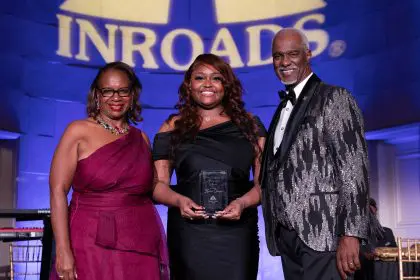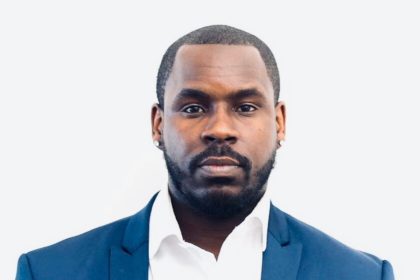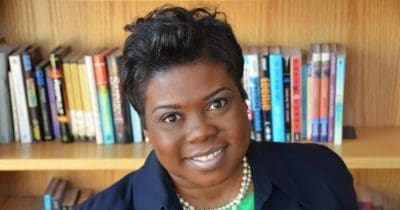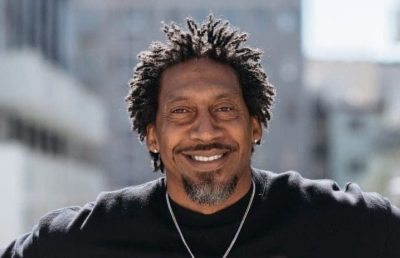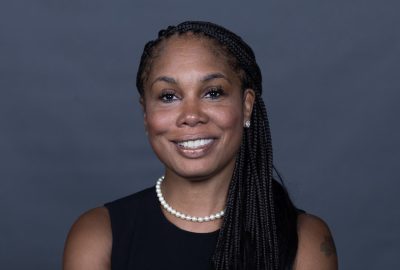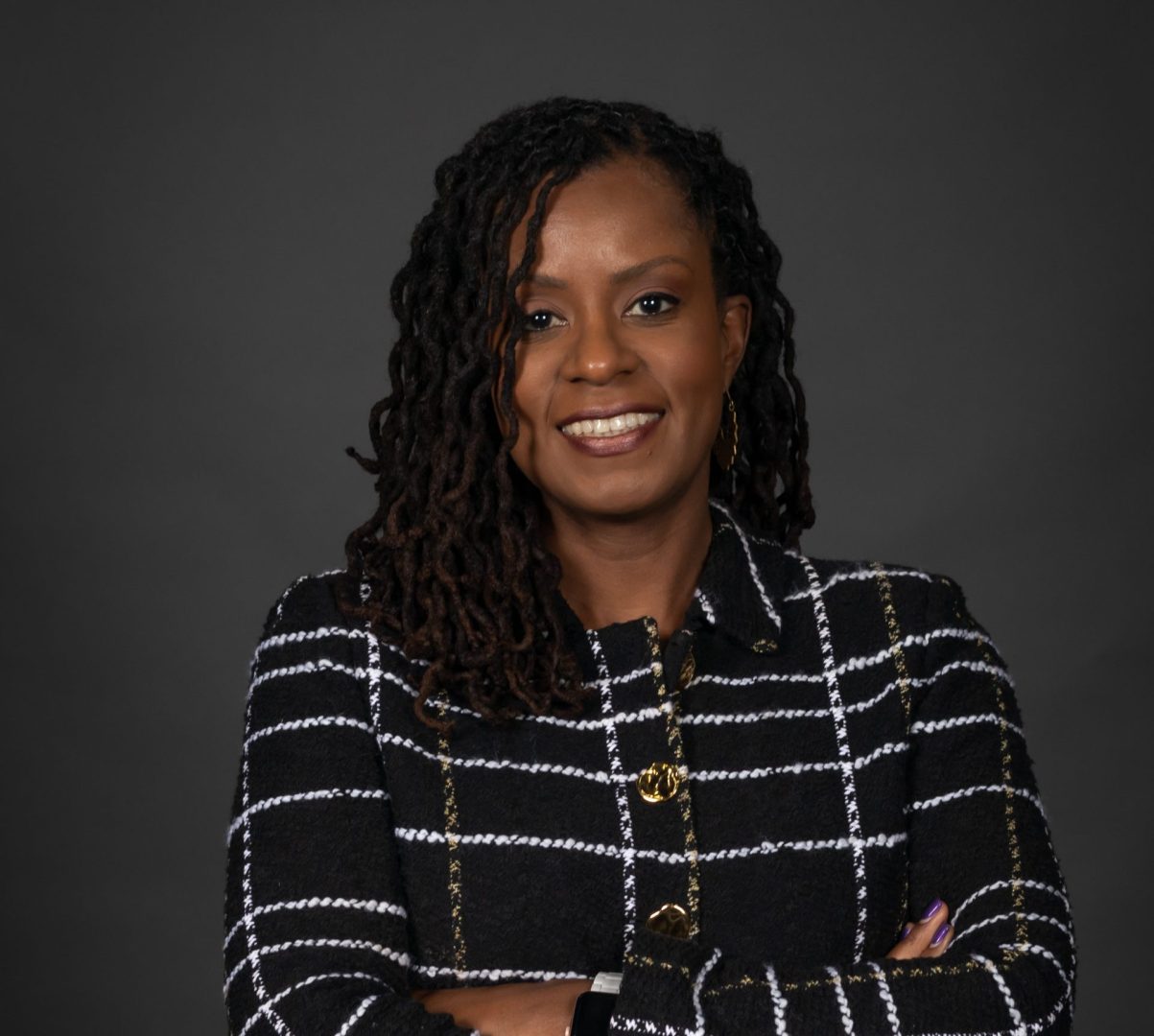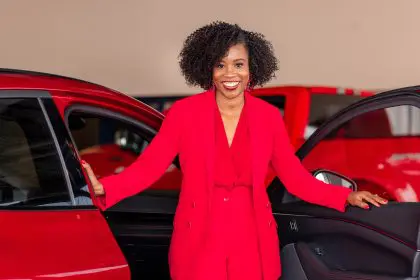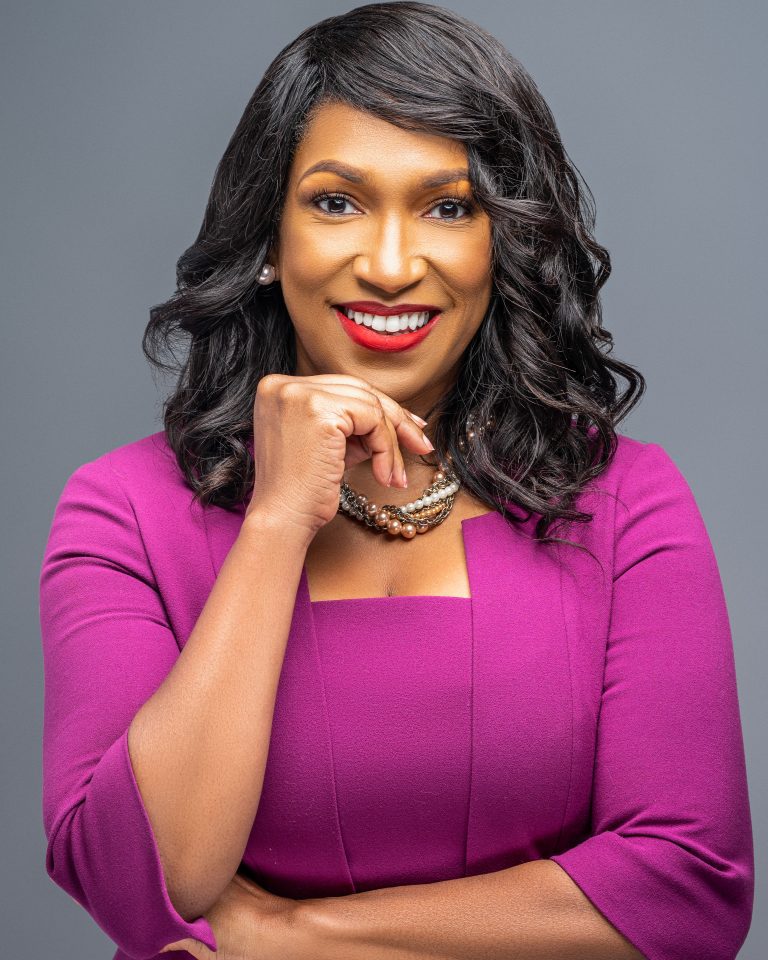
Felicia Davis Blakley is president and CEO of the Chicago Foundation for Women. The Chicago native is passionate about social change and fighting for gender equality. Her experience as a young Black girl on the South Side of Chicago has informed her work and her leadership style. Rolling out spoke with Davis Blakley about the work she does and the lessons she has learned as a leader.
Why is the work you are doing for the Chicago Foundation for Women important?
First and foremost, the work is personal. Poverty, violence, and a lack of health options or access affect women differently, and sometimes disproportionately. In my early life, as a girl growing up on Chicago’s South Side, I could see that the world around me treated my community, and by extension, me differently. For far too long, people with privilege and power have discounted women and girls, particularly women and girls of color, and specifically Black girls like me who come from disinvested communities. There is power in being considered an underdog because they never see you coming. At CFW, my every day is about targeting these disparities and changing that narrative, by investing resources, lifting up their voices through advocacy and action.
Finish this sentence: Teamwork is important because …
Collectively, we can achieve much more and have a greater impact than we could achieve on our own.
What lessons have you learned about being a leader in your current position?
There is a biblical verse which says, “without a vision the people perish.” Translated into a leadership context, the principal is the same. One must set a vision and treat it as their north star. I have a clear purpose and vision for CFW. When I started my tenure, I set out to ensure every woman and girl in Chicago would see themselves reflected in some aspect of our work. That meant transforming the way we operate as an organization. We are engaged in continual analysis and where warranted, restructuring of CFW to ensure that the Foundation’s way of being is one that wields a shared power with, and holds itself accountable to, racially oppressed groups to achieve our goal of gender equity. The lessons are there will be headwinds trying to impede progress. It usually sounds like “we’ve always done it this way.” I always come back to my North Star for full inclusion and equity.
What two favorite quotes motivate you?
“It’s never too late to be what you might have been.” Mary Ann Evans, aka George Eliot
“No one cares how much you know, until they know how much you care.” Unknown
What are you reading now?
Harlem Shuffle by Colson Whitehead
Emergent Strategy: Shaping Change, Changing Worlds by Adrienne Maree Brown
Name your two favorite books.
Things Fall Apart by Chinua Achebe and Their Eyes Were Watching God by Zora Neal Hurston

